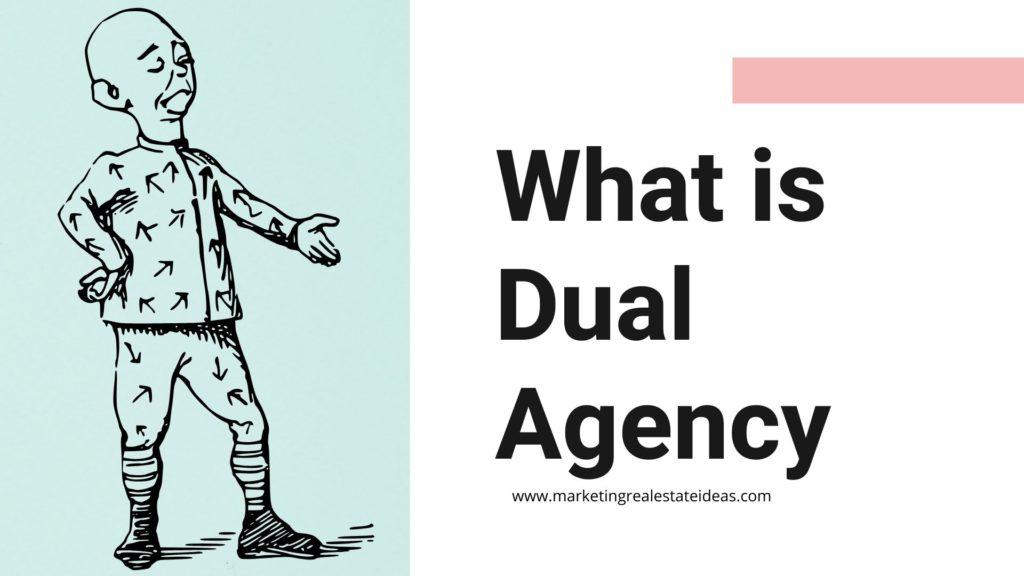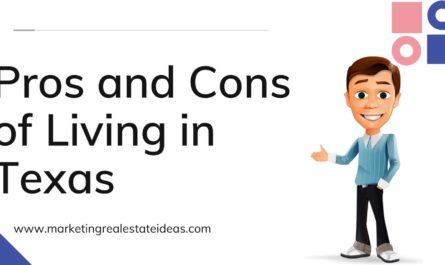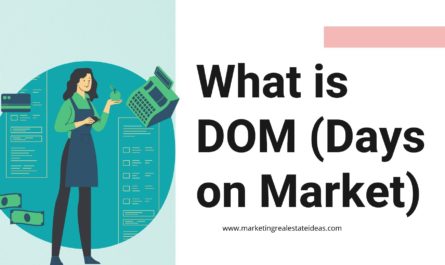What is dual agency and should you play a part in it we discuss where a buyer can engage a real estate and what is a dual agency in real estate?
- What is dual agency
- Representation for sellers
- Where a buyer can engage a real estate
- Should You Engage in a Transaction
- Here are a few reasons why?
- What’s their bottom line
- Sole Agent in a Transaction
- Maybe Buyer and Seller have Already Negotiated
- I find that dual agency often happens in the higher end price points
- What is Dual Agency
What is dual agency
All right now in most states certainly in my state of Washington. We have agency law now I’m not gonna get into the nitty-gritty about agency law.
But simply put if you’re buying or selling a house. You can engage with a real estate agent a licensed real estate salesperson to help you buy or sell that home.
Signing a listing contract or assigning a buyer agency agreement or just simply engaging that agent in real estate practices would constitute agency from them to you.

They owe you a duty per their license to represent you and simply put just do right by you. They represent you and you are their client that is agency.
They owe you a whole list of duties if they’re to be your agent and this is a good thing because you as the consumer can expect a certain level of care and attention and fiduciary duty from your real estate agent to you.
Representation for sellers
Now way back when there was only representation for sellers. So even if there were two real estate agents in a transaction. One that was sort of bringing a buyer and one representing the seller as the listing agent.
Both agents technically legally speaking and represented the seller. I wasn’t around during that time it sounds a little bit wacky because it kind of is.
Where a buyer can engage a real estate
But a few decades ago we had something enter the picture called buyer agency. Where a buyer can engage a real estate agent to provide those duties to that buyer and so the buyer has representation the seller has representation and they’re both separate and both agents serve their own respective clients.
Usually, this is the best-case scenario, this is how it should work and this is how both people both parties can have the best representation possible.
Now there’s something called dual agency, where instead of two agents overseen by our seller. You have one agent overseeing the same buyer-seller.
That one agent is providing dual agency to both parties in the transaction. So that’s what dual agency is.
Should You Engage in a Transaction
Now the question is should you engage in a transaction where there’s one agent providing dual services to both customers.
That my friend is ultimately up to you. But my personal opinion is that that is not the best way to transact real estate in this day and age.
Here are a few reasons why?
First and foremost when I represent either a buyer or seller. There’s certain information I know about them.
That would not be helpful if the other party knew that about them as well. When does their job start, they need to be in Seattle by a certain date, that would not be good for AB seller to know because they could then play hardball with that buyer and not negotiate as much.
If they knew that that buyer has a deadline to be on and they need that house.
What’s their bottom line
Same goes for the seller there could be certain bits of information like I know the number they will take ultimately in negotiation what’s their bottom line. If I know that that is not good information to leak out to the buyer.
Now as the one agent providing dual agency to both customers as the law states that you’re not allowed to talk about those secret bits of personal bits of information between the clients.
Sole Agent in a Transaction
But as the sole agent in a transaction, you can imagine how hard it would be to know one thing about each person that if you could just bring that bit of information into the transaction.
Maybe it gets the deal done faster, maybe it moves you past an impasse of negotiation, maybe as an agent you’re not specifically sharing that information across the party lines.
But with your actions and with the way you talk your sort of talking around it and bringing people into this and sort of massaging the situation based on what you know of each person.
That my friends are a very great place to be in because you’re not ultimately providing 100% agency Duty to each party.
Maybe Buyer and Seller have Already Negotiated
There are a few scenarios where this can be okay maybe the buyer and seller have already negotiated all of the terms of the contract and they’re bringing all the terms to you.
And saying hey! “you as an agent can you represent us and help us get this deal done” as long as both parties are signed off and totally an agreement that dual agency is the way they want to go.
That could be a scenario where it’s helpful to have been the one agent orchestrating the entire transaction. Because simply put the buyer and seller just bringing you into a deal that they’ve already put together.
I find that dual agency often happens in the higher end price points
A lot of off-market deals can happen in the higher end homes. So a listing agent or an agent that knows of a seller that might want to sell.
Might have a perfect buyer in they’re Rolodex so to speak that they can bring over and say hey I will negotiate this transaction for you and put it together as the sole agent and that would also be a dual agency scenario.
So in the summary what is the dual agency is one agent providing agency duties to two different parties and it’s very gray there are a lot of different ways that things can go sideways very quickly in that transaction.
And where that agent providing duties to both people might not be serving either of them very well when it’s all said and done.



